It’s now more obvious than ever that you can’t get anywhere without networking. And it isn’t just about networking when you need a job or new business, but more about making networking a daily activity. Be it online or one-to-one, you need to be prepared.
Here are some valuable tips to get you geared up.
1. Keep Business Cards Ready
This is a rule that applies to all situations – whether you’re headed to the grocery store or an important meeting, you need to have your business cards with you. You never know whom you’ll bump into. If you are self-employed and have the chance to get your own cards made, make sure that your card has a neat design and isn’t cluttered with information. The basics such as name, email address, designation and phone number should be good enough. Use your creative side to make one that stands out without looking like a silly attempt at art.
2. Remember Names and Faces
Sure it’s hard to remember every name and face that you come across, but a few tricks could prevent trouble. Jot down names and some physical characteristics that you could use to identify the individuals at a later date. If you forget even before you get a hold of your address book, employ another approach such as linking a famous person with the same name with them. Imagine meeting somebody who could be your ticket to a new job or internship and not recalling his/her name. Ouch!
3. Be Active on Social Media
Create accounts on as many social media websites as you can manage to update regularly. If you think you can cut out time for just two, do that. There’s no point having an account but hardly logging on or contributing to the discussion. Post frequently and interact with others in the industry.
4. Don’t be Picky
Some people make the mistake of ignoring junior executives and classmates, as they seem rather unimpressive. Don’t make that mistake. You never know where a person can go and how they can help you. For example, you could be looking for a new job two years later and one of these seemingly useless people could be already working there and would be nice enough to put in a word for you.
5. Attend Events
Building relationships while you are at work every day doesn’t end the networking process. You also need to get out there and meet people beyond work. Sign up for industry events and see if you can get into conferences. In college and B-school, join special interest groups and participate in activities that are conducted through the year. These are places where you can benefit from lots of advice and feedback on your ideas. Check out what kind of events you’ll get to attend at NBS here: http://www.nbs.ntu.edu.sg/News_Events/Events/Pages/Events.aspx
6. Adopt a New Mindset
Don’t start all conversations thinking about what you can get. You need to think about giving as well. Relationships should be mutually beneficial. Plus, giving will get you good karma in the form of referrals. Be confident, helpful and open with your peers, colleagues and even people you’ve just met.
7. Communicate Well
You are not a salesman. Of course you’re selling your skills and educational background when you network, but you need to learn how to hold a conversation that has a light, informal tone. The key is to let the other person know that you are willing to give the time to get to know them before talking about what exactly you want. That doesn’t mean that you should skip your pitch; just warm up first.
8. Listen More
Give the other person a chance to talk. Don’t keep on talking without waiting for answers. Ask questions as well. In fact, have a mental list of questions ready for all times and all kinds of people but don’t jump at them. Demonstrate interest with your facial and body language.
9. Always Follow Up
The first face-to-face meeting isn’t the end of networking. Keep their cards in a special place. Add them to your LinkedIn contacts and other social media lists. Call or send an email a week later, after you figure out what you can connect about. Staying in touch on a regular basis is important, so don’t let it seem like you only make the effort to communicate when you really need something.
10. Don’t Neglect Your Current Network
Never take anybody for granted. That applies to your career path just as much as to your personal life. Keep in touch with the people who’ve brought you closer to your goals already like high school teachers, college professors, internship supervisors and so on. Let them know that you appreciate what they’ve done for you. You could meet them once in a while and keep them updated on your progress. Introduce them to each other or to others they could form working relationships with. Who knows? Maybe one of these older acquaintances could connect you to somebody helpful in the future.
It isn’t difficult to master the art of networking if you keep these tips in mind. You’ll have to network effectively as you continue your career path, so why not start now?
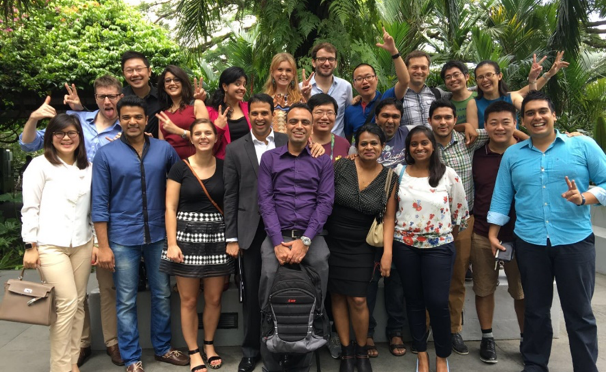
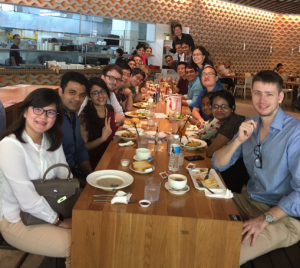


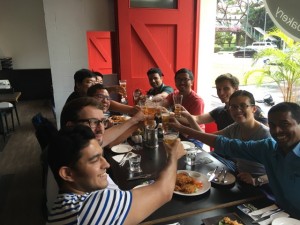

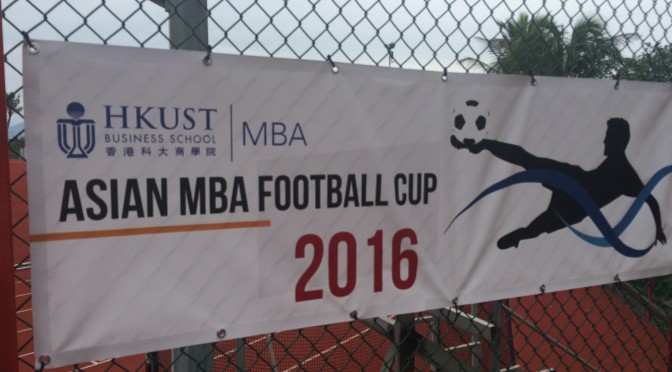
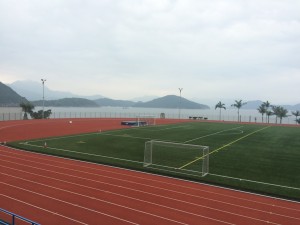
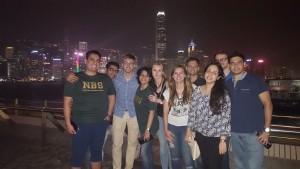
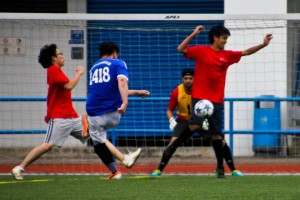

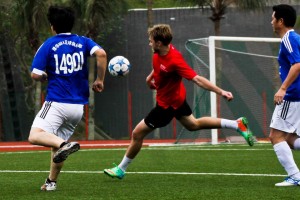

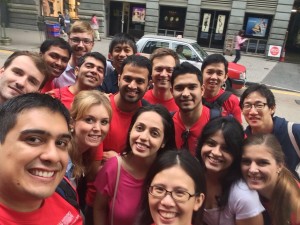
You must be logged in to post a comment.